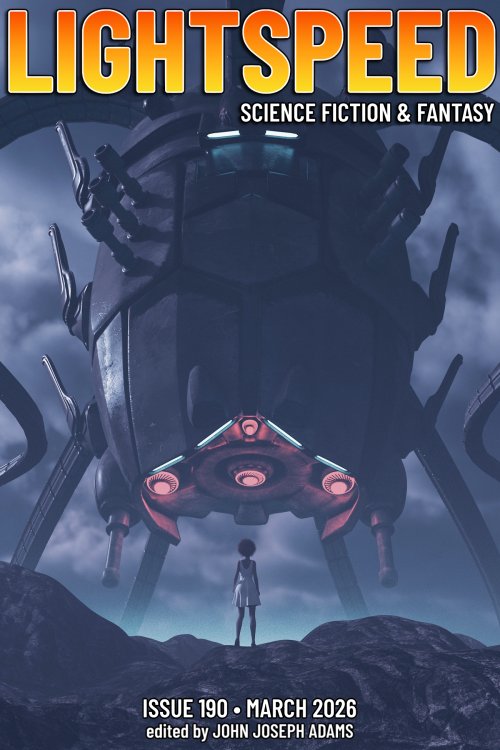Author Spotlight
Author Spotlight: Adam-Troy Castro
I would like to think that if I were a father, I’d be as friendly a presence in my child’s life as this protagonist, but alas, life has not provided the hard evidence. I like to create characters different from myself, but at longer lengths have often given myself a little Hitchcockian cameo at the edge of the action. Closest thing to me in any recent work is the title character in “The Old Horror Writer” at Nightmare Magazine.









